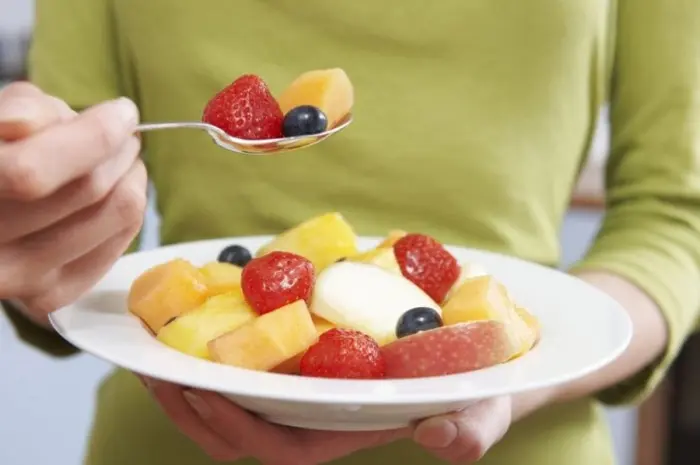The food and beverage industry is highly competitive, with countless brands vying for consumer attention. To stand out in this crowded market, businesses must employ innovative and effective marketing strategies.
Whether you are a small local cafe or a large-scale manufacturer, implementing the right marketing techniques can significantly boost your brand visibility, attract more customers, and drive sales.
Here are some exceptional tips for marketing your food and beverage business.
1. Develop a Strong Brand Identity
Unique Selling Proposition (USP)
Identify what sets your food and beverage business apart from the competition. Your USP could be anything from unique flavors, organic ingredients, exceptional customer service, or sustainable practices.
Clearly communicate this USP in all your marketing efforts to differentiate your brand.
Consistent Branding
Ensure that your brand’s visual elements, such as logo, color scheme, and packaging, are consistent across all platforms.
Consistent branding helps build recognition and trust among consumers. Make sure your brand voice and messaging are also consistent to reinforce your identity.
2. Leverage Social Media
Engage with Your Audience
Social media platforms like Instagram, Facebook, and Twitter are excellent for engaging with your audience.
Share visually appealing photos and videos of your products, behind-the-scenes content, and customer testimonials. Engage with your followers by responding to comments, messages, and reviews.
Influencer Partnerships
Collaborate with food bloggers, chefs, and social media influencers who align with your brand. Influencers can help amplify your message, reach a wider audience, and lend credibility to your products.
3. Optimize Your Website and Online Presence
User-Friendly Website
Ensure your website is easy to navigate, mobile-friendly, and visually appealing. Your website should provide all necessary information, such as menu, prices, location, contact details, and online ordering options.
SEO Strategies
Implement search engine optimization (SEO) strategies to improve your website’s visibility on search engines. Use relevant keywords, optimize your meta tags, and create high-quality content to attract organic traffic.
Online Reviews
Encourage satisfied customers to leave positive reviews on platforms like Google, Yelp, and TripAdvisor.
Respond to reviews promptly, whether they are positive or negative, to show that you value customer feedback.
4. Create Compelling Content
Blogging
Start a blog on your website to share recipes, cooking tips, industry news, and stories about your brand. Blogging can help establish your authority in the food and beverage industry and improve your website’s SEO.
Video Marketing
Produce engaging video content, such as recipe tutorials, product showcases, and customer testimonials. Video marketing is highly effective in capturing attention and conveying your brand’s story.
5. Offer Promotions and Special Deals
Loyalty Programs
Implement a loyalty program to reward repeat customers. Offer discounts, free items, or exclusive deals to loyal patrons. Loyalty programs can help increase customer retention and encourage repeat business.
Limited-Time Offers
Create limited-time offers and promotions to create a sense of urgency and attract new customers. Promote these deals on your website, social media, and email newsletters.
6. Participate in Local Events and Markets
Food Festivals and Farmers Markets
Participate in local food festivals, farmers markets, and community events to showcase your products. These events provide an excellent opportunity to connect with potential customers, offer samples, and build brand awareness.
Sponsorships and Partnerships
Sponsor local events or partner with other businesses to increase your visibility in the community.
Collaborating with complementary businesses can help you reach new audiences and create mutually beneficial relationships.
7. Email Marketing
Build a Subscriber List
Collect email addresses from your customers through your website, social media, and in-store promotions. Building a subscriber list allows you to communicate directly with your audience and promote your products.
Regular Newsletters
Send regular newsletters to keep your subscribers informed about new products, upcoming events, special offers, and company news.
Make sure your emails are visually appealing and provide valuable content to keep your audience engaged.
8. Utilize Data and Analytics
Monitor Performance
Use analytics tools to track the performance of your marketing campaigns. Monitor metrics such as website traffic, social media engagement, email open rates, and sales to understand what’s working and what needs improvement.
Data-Driven Decisions
Analyze the data collected from your marketing efforts to make informed decisions. Use insights to refine your strategies, target the right audience, and optimize your campaigns for better results KatellKeineg.com.
9. Focus on Quality and Customer Experience
High-Quality Products
Ensure that your food and beverage products are of the highest quality. Consistently delivering great taste and value will help build a loyal customer base and generate positive word-of-mouth.
Exceptional Customer Service
Provide exceptional customer service to enhance the overall experience for your customers.
Train your staff to be friendly, knowledgeable, and responsive to customer needs. Positive interactions can lead to repeat business and favorable reviews.
Conclusion
Effective marketing is essential for the success of any food and beverage business. By developing a strong brand identity, leveraging social media, optimizing your online presence, creating compelling content, and offering promotions, you can attract and retain customers.
Participating in local events, utilizing email marketing, analyzing data, and focusing on quality and customer experience will further enhance your marketing efforts.
Implement these exceptional tips to elevate your food and beverage business and achieve lasting success in a competitive market.






